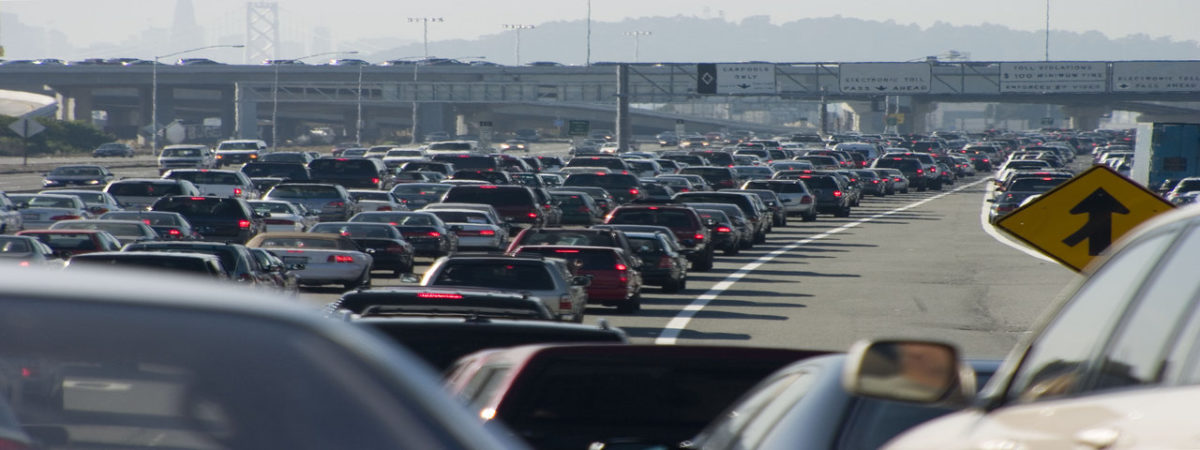Scrap trade agreements to boost free trade
SUGGESTED

New IEA report asks if transport policy should be determined at EU level

IEA releases report on reforming Britain's relationship with the EU

IEA releases report on trade agreements & the EU
The UK produces traded goods in a competitive world market, where prices for these goods are set by world supply and demand. Given the UK has around 3 per cent of world GDP, it is a relatively ‘small’ supplier, making us a price-taker with no effect on world price. Thus we have no national interest in trade agreements with any particular country that are forged by the EU, and this why unilateral free trade would best suit the UK.
The case for unilateral free trade:
• Unilateral free trade is possible: for example, China’s rapid growth owes little to trade agreements as it was not a member of the WTO until 2001.
• 43 per cent of UK trade is in services where the European Union has essentially no commercial policy and around 50 per cent of our goods trade is outside the EU. All this services trade and non-EU trade is conducted under WTO rules which implies that over 70 per cent of UK trade is already conducted under general WTO rules without any involvement of the EU. On the whole, UK services trade has bypassed the EU because the long-standing national barriers have not been removed.
• The UK is a supplier of many financial and other services to many different countries. If any country decides to stop trading with the UK there are others with whom the UK can do business and so far the UK has managed to do good service business around the world without any help from the EU in forging specific trade agreements.
• Assuming that UK products are produced within competitive UK industries and that the output of any UK product is small relative to the size of the world market for that product, gives rise to the trade theory: ‘the importance of being unimportant’.
• This suggests that any small country levying a tariff on UK products cannot influence their world price – neither the world supply nor demand for the product changes, thus the world price does not change.
• Tariffs in one country will merely prompt UK businesses to sell products elsewhere. Plus given that the UK share of world trade is small, no country has an incentive to levy tariffs on the UK.
• For particular firms a given market may be crucial if it sells a high proportion of its output to that market. This explains why many firms lobby intensely for trade agreements in their own markets. But corporate interests should not be confused with the national interest.
Commenting on the report Ryan Bourne, Head of Public Policy at the Institute of Economic Affairs said:
“Many people think that to reap the benefits of growing international trade there needs to be an expansion in trade agreements. The reality is they are of limited relevance for a ‘small’ world supplier such as the UK and unilateral free trade is far more preferable to numerous and complicated bilateral and multilateral trade deals.”
Notes to editors:
To arrange an interview about the report contact Nerissa Chesterfield, Communications Officer: nchesterfield@iea.org.uk or 020 7799 8920 or 07791 390268
The full report, ‘No need to queue: The benefits of free trade without trade agreements’ can be downloaded here.
The mission of the Institute of Economic Affairs is to improve understanding of the fundamental institutions of a free society by analysing and expounding the role of markets in solving economic and social problems.
The IEA is a registered educational charity and independent of all political parties.



